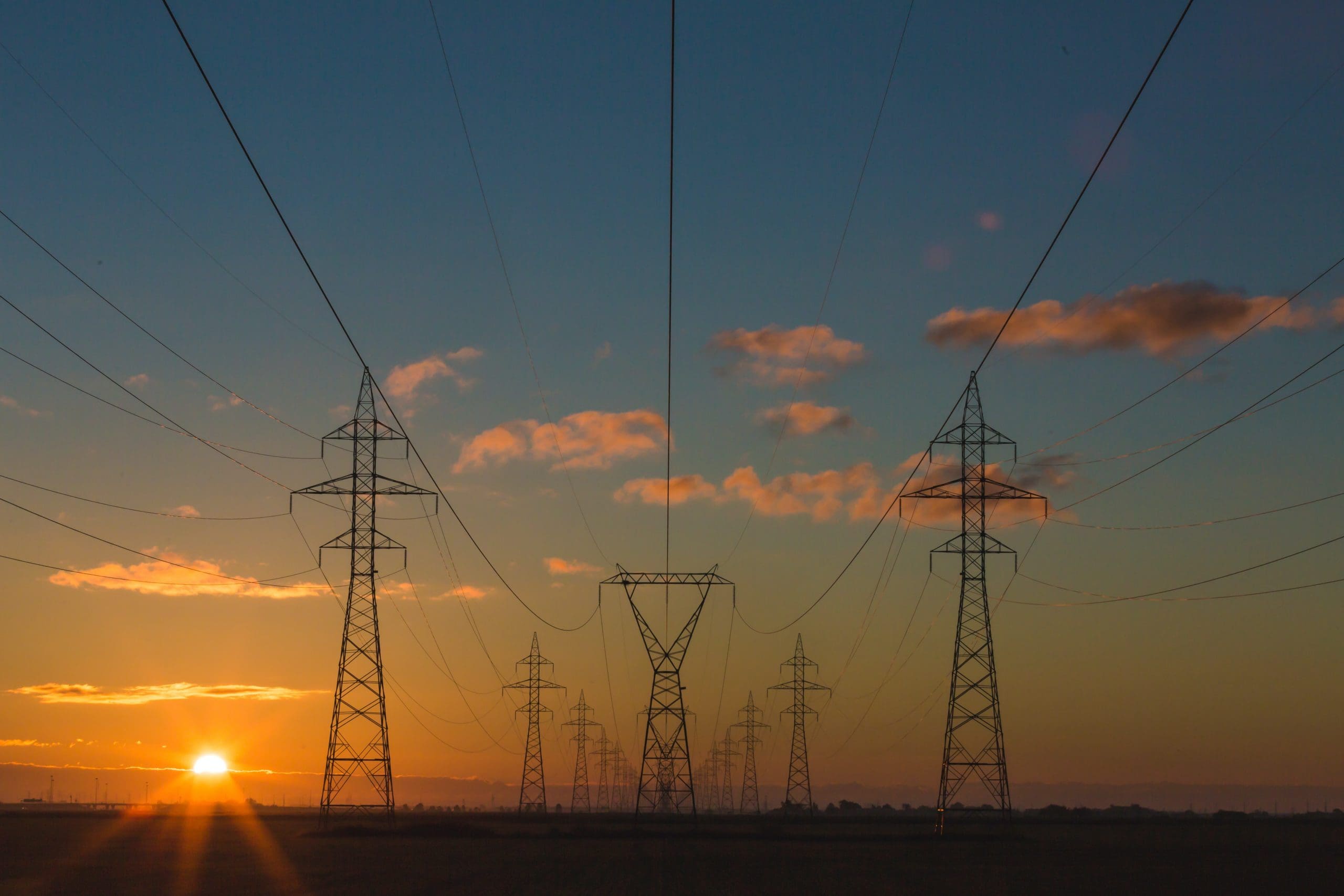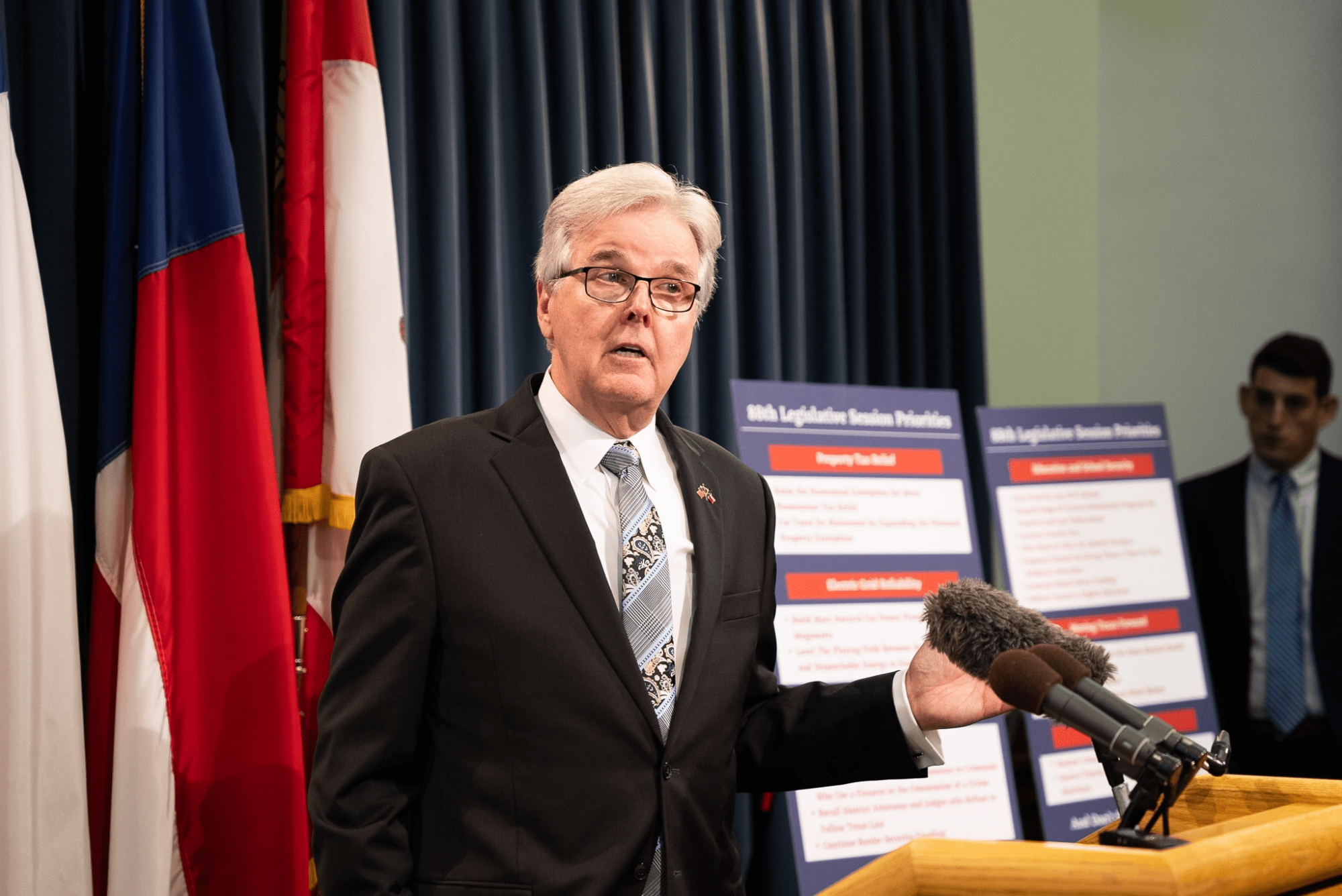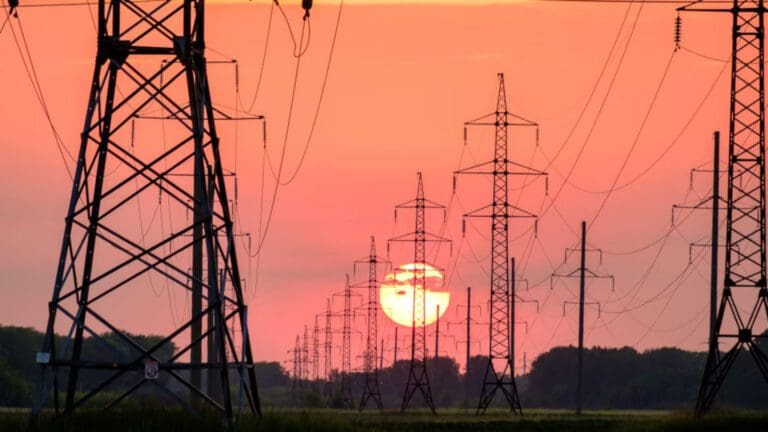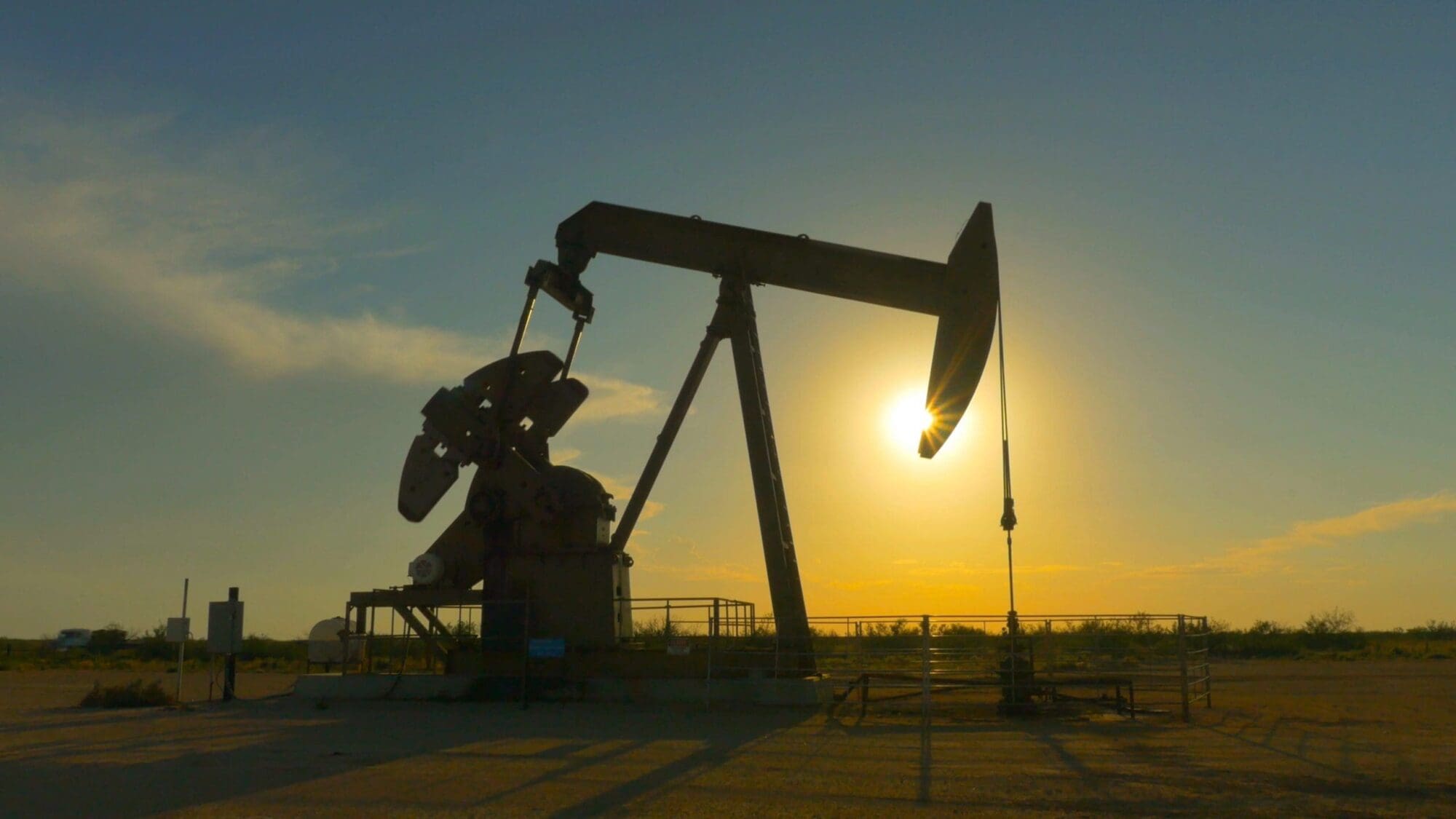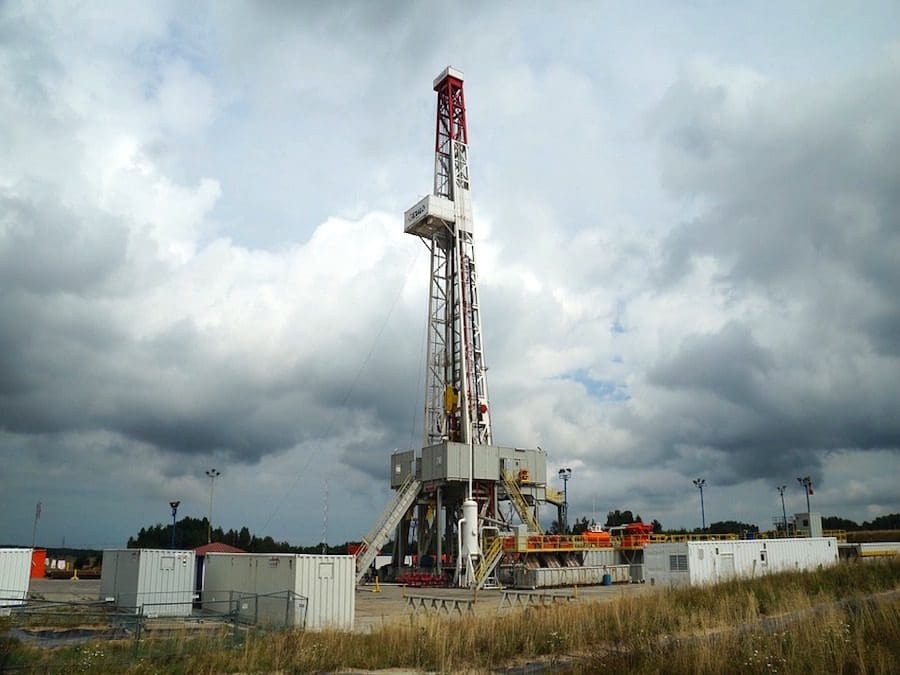While Texans prepare for summer days with temperatures in the hundreds, officials are reporting that the state’s power grid may not be equipped to handle such a demanding summer.
A new report from the Electric Reliability Council of Texas—which tracks energy usage and supplies power to more than 26 million Texans—shows that the grid could need 6,000 more megawatts than last year to operate at capacity in “extreme summer conditions.”
Peter Lake, chairman of the Public Utility Commission of Texas, warned Texans that they may have to rely on backup energy sources.
“Data shows, for the first time, that the peak demand for electricity this summer will exceed the amount we can generate from on-demand, dispatchable power,” said Lake.
On-demand dispatchable power sources include nuclear energy, natural gas, and coal plants, all energy sources that can be turned on and off at will.
However, if those sources fail to produce adequate power, Texans will be dependent on unreliable energy like wind and solar, which are affected by unpredictable weather conditions.
Although Lake said that Texas added 4,400 megawatts from wind and solar sources over the past year, the state cannot rely on these forms of energy in high-demand periods.
“The risk goes up as the sun goes down because it is still hot at 9 p.m.,” said Lake. “At that point in the day, we will be relying on wind generation. If wind does not pick [up], we will have to rely on our on-demand dispatchable generators and the data is showing us that on our hottest days, under certain circumstances, we won’t have enough generation to cover the gap.”
He also expressed concerns that while Texas’ population has increased by 24 percent, the state has only added around 1.5 percent in dispatchable energy.
Historic Failings
Unreliable energy sources and ERCOT’s dependability came under fire in February 2021 after a winter storm blasted Texas.
As temperatures dipped below zero, ERCOT implemented rolling blackouts when the power grid struggled to keep up with the high-energy demand. For days, millions of Texans suffered through extreme weather conditions without electricity.
ERCOT shifted some blame to renewable energy sources, claiming more than half of the state’s wind turbines froze during the storm and failed to supply enough power.
Following the winter storm, Gov. Greg Abbott implored lawmakers to investigate and reform ERCOT, which led to the resignation of four board members and the firing of CEO Bill Magness.
However, ERCOT continued failing to produce enough energy for the state, with the North American Electric Reliability Corporation warning that Texas was at risk for a summer energy emergency last year.
Summer 2023
Lake said ERCOT may ask Texans to conserve power during the upcoming summer, adding that energy companies may resort to shutting off customers’ electricity and implementing rolling blackouts if unreliable energy sources fail.
Lake and ERCOT CEO Pablo Vegas called for the Texas Legislature to pass measures that would draw power plant companies to the state and promised to continue updating Texans.
“We are committed to keeping you, the public, informed on grid conditions throughout what could be a challenging season,” said Vegas.
No ads. No paywalls. No government grants. No corporate masters.
Just real news for real Texans.
Support Texas Scorecard to keep it that way!
